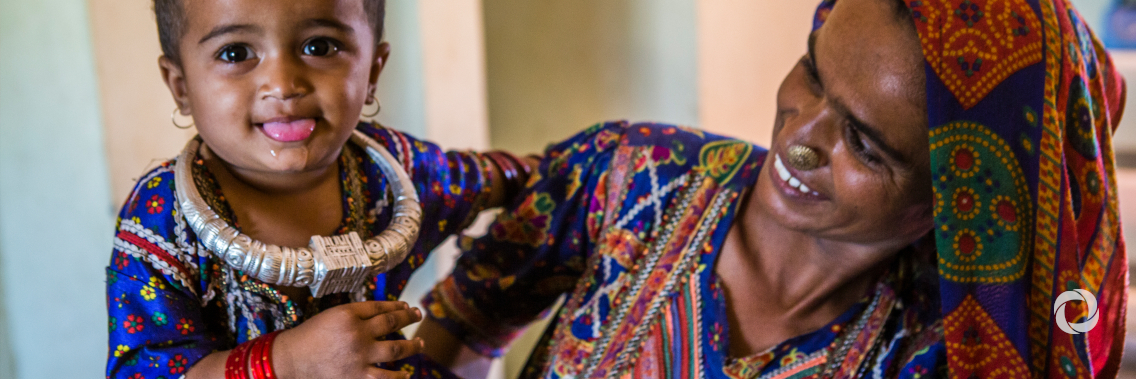UNAIDS is calling on governments to ensure that the right to health is realized by all by prioritizing public investments in health. At least half of the world’s population cannot access essential health services.
Every two minutes a woman dies while giving birth. Among the people being left behind are women, adolescents, people living with HIV, gay men and other men who have sex with men, sex workers, people who inject drugs, transgender people, migrants, refugees, and poor people.
“The right to health is eluding the poor and people trying to lift themselves out of poverty are being crushed by the unacceptably high costs of health care. The richest 1% benefit from cutting-edge science while the poor struggle to get even basic health care,” said Winnie Byanyima, Executive Director of UNAIDS.
Nearly 100 million people are pushed into extreme poverty (defined as living on US$ 1.90 or less a day) because they have to pay for health care, and more than 930 million people (around 12% of the world’s population) spend at least 10% of their household budgets on health care. In many countries, people are denied health care or receive poor quality health care because of unaffordable user fees. Stigma and discrimination denies poor and vulnerable people, especially women, their right to health.
Every week, 6000 young women around the world become infected with HIV. In sub-Saharan Africa, four out of five new HIV infections among adolescents are among adolescent girls and AIDS-related illnesses are the biggest killer of women of reproductive age in the region. Despite significant progress in reducing AIDS-related deaths and new HIV infections, there were 1.7 million new HIV infections in 2018 and nearly 15 million people are still waiting to receive HIV treatment.
Delivering health care for all is a political choice that too many governments are not making. Thailand has reduced mortality rates for children under the age of five years to 9.1 per 1000 live births, while in the United States of America the rate is 6.3 per 1000 live births, even though Thailand’s gross domestic product per capita is about one-tenth of that of the United States. Thailand’s progress has been achieved through a publicly financed health-care system that entitles every Thai citizen essential health services at all life stages and leaves no one behind.
South Africa had just 90 people on antiretroviral therapy in 2000, but in 2019 had more than 5 million on HIV treatment. South Africa now has the largest HIV treatment programme in the world. Countries such as Canada, France, Kazakhstan and Portugal have strong publicly financed health systems, yet some other richer countries do not.
Health investments in many countries remain very low compared to their gross domestic product. The United Nations Conference on Trade and Development estimates that developing countries lose between US$ 150 billion and US$ 500 billion every year owing to corporate tax avoidance and profit shifting by big companies. If this lost money were invested in health, health expenditure could triple in low-income countries and could double in lower-middle-income countries. The race to the bottom on corporate tax cheats denies developing countries of much needed revenue and robs ordinary people of vital health services. The countries of the Economic Community of West African States lose an estimated US$ 9.6 billion each year to numerous tax incentives.
A major factor of ill health is the denial of human rights. According to the World Bank, more than one billion women lack legal protection against domestic violence and close to 1.4 billion women lack legal protection against domestic economic violence.
In 91 countries, adolescents require the consent of their parents to take an HIV test and in 77 countries they require the consent of their parents to access sexual and reproductive health services, creating barriers to protect young people from HIV infection. One of the consequences of this is that the HIV incidence rate among young women and girls in eastern and southern Africa is twice that of their male peers.
“In the next decade, we can end AIDS as a public health threat and achieve universal health coverage. Governments must tax fairly, provide publicly funded quality health care, guarantee human rights and achieve gender equality for all—it is possible,” said Ms. Byanyima.
UNAIDS is participating in several events at the 2020 World Economic Forum Annual Meeting in Davos, Switzerland, to highlight the need for governments to fulfill their commitments to realize universal health coverage and ensure that no one is left behind.
Original source: UNAIDS
Published on 21 January 2019

